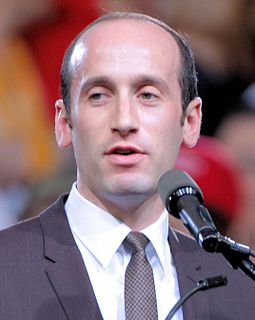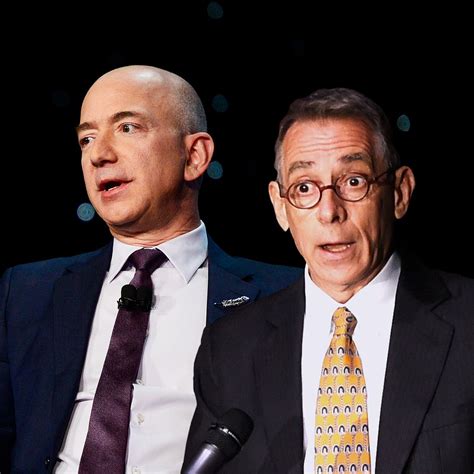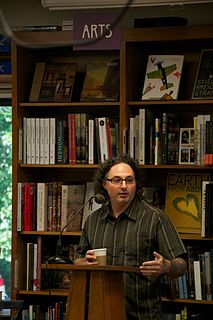A Quote by Hillary Clinton
In a democracy, if people don't have accurate information, how can they be active citizens? How can they be part of the debate? And if you are facing powerful forces on the right and in Trump administration who want to create an alternative reality that feeds into their objectives for our country, you more than ever need the press to cut through that, and to be as accurate as possible.
Related Quotes
I recognize the need to provide the press - and, through you, the American people - with information to the fullest extent possible. In our democracy, the work of the Pentagon press corps is important, defending our freedom and way of life is what this conflict is about, and that certainly includes freedom of the press.
If you rely on the media for your information, to educate yourself about the candidates and what issues are facing the country, then you get just part of the equation. I think it's important that we as citizens of this democracy take the responsibility to get as much information as possible before we go into the voting booth.
You see, Donald Trump is Adolf Hitler. And a lot of people know it but they don't want to get involved. So they're just backing off and they're trying to blend into the invisible hoping nobody ever comes for them or notices them. "Watching Donald Trump's rise, I now understand. Leave aside whether a direct comparison of Trump to Hitler is accurate. That is not my point. My point rather is about how a demagogic opportunist can exploit a divided country."
I have talked to more people who are in politics who have said to me, "[House of Cards] is closer than you can imagine. It's the most accurate description of how politics actually works that we've ever seen." I mean, West Wing - beautiful, wonderful idea of how democracy should work. But I've had more people in politics say they think House of Cards is closer. I - don't know whether to take that as a compliment or a sad state of affairs.
In a world in which we are exposed to more information, more options, more philosophies, more perspectives than ever before, in which we must choose the values by which we will live (rather than unquestioningly follow some tradition for no better reason than that our own parents did), we need to be willing to stand on our own judgment and trust our own intelligence-to look at the world through our own eyes-to chart our course and think through how to achieve the future we want, to commit ourselves to continuous questioning and learning-to be, in a word, self-responsible.
Orwell says straight, look, in England what comes out in a free country is not very different from this totalitarian monster that I'm describing in the book. It's more or less the same. How come in a free country? He has two sentences, which are pretty accurate. One, he says, the press is owned by wealthy men who have every reason not to want certain ideas to be expressed. And second - and I think this is much more important - a good education instills in you the intuitive understanding that there are certain things it just wouldn't do to say.
Money and prices and markets don't give us exact information about how much our suburbs, freeways, and spandex cost. Instead, everything else is giving us accurate information: our beleaguered air and watersheds, our overworked soils, our decimated inner cities. All of these provide information our prices should be giving us but do not.
On to the Next Dream became about much more than me facing a challenging situation; it became about how all of us feel when we're thrust unexpectedly into change. It's about how we all hold onto personalized visions of our lives, our city, and our culture, and what we do when reality forces us to confront the impermanence of those visions.


































